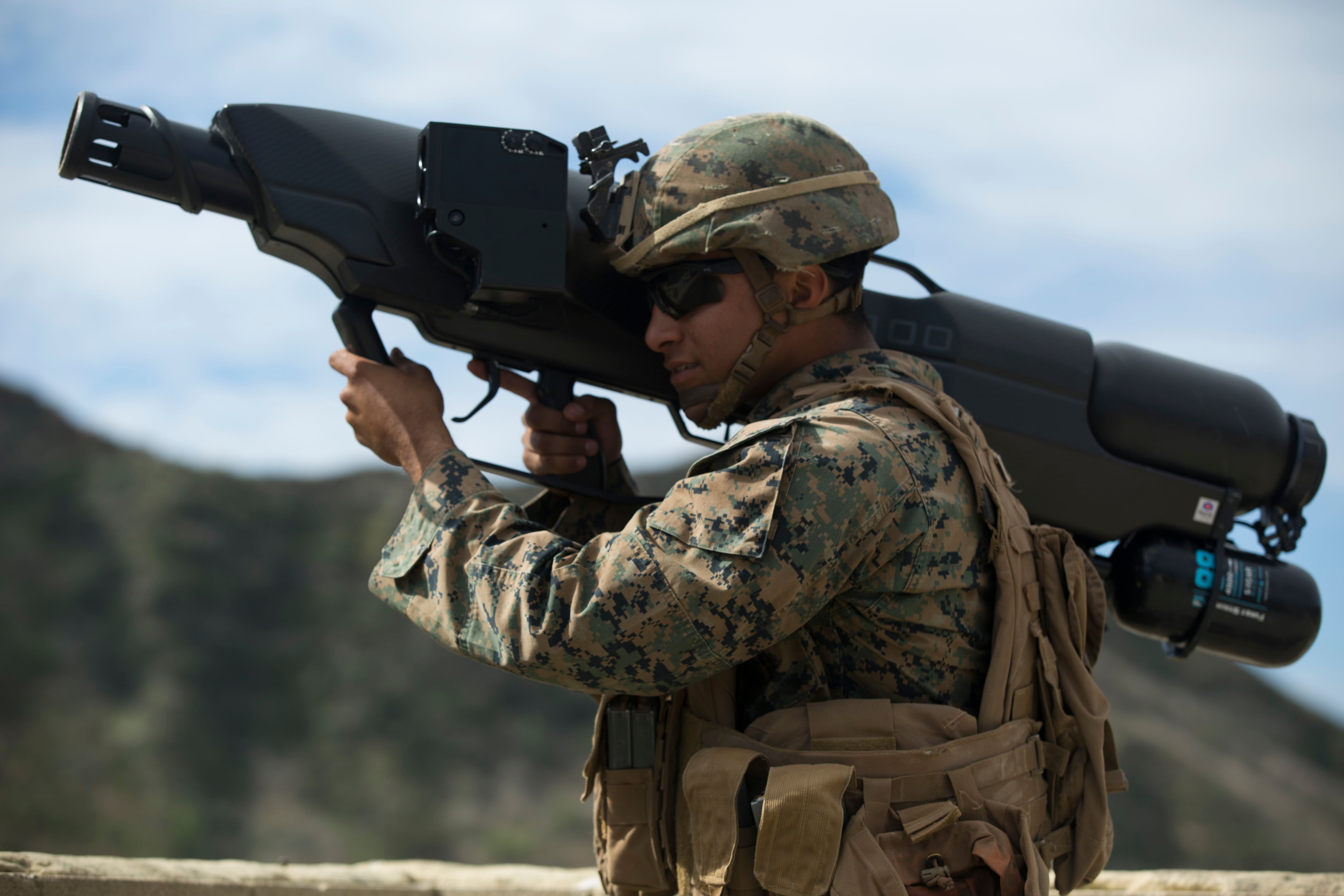WASHINGTON — The U.S. Air Force lost its chance to hang out at South by Southwest this week after the new coronavirus known as COVID-10 caused the cancellation of the festival, scuttling the service’s heavily promoted plan to interface with startups and small technology firms at the Austin, Texas-based event.
But the service still awarded nearly $1 billion in contracts during a virtual version of its event held March 12, which included keynotes from Air Force Secretary Barbara Barrett, a “Pitch Bowl” where companies delivered short pitches in the hopes of receiving small contracts from the Air Force, and other events meant to deepen the Air Force’s connection to small commercial tech firms.
The largest contracts — worth more than $550 million total — went to 21 companies to develop “big bet” technologies. Those companies are Aerial Applications, Analytical Space, Anduril Industries, Applied Minds, Elroy Air, Enview, Edgybees, Essentium, Falkonry, ICON Technology, Orbital Insight, Orbital Sidekick, Pison, Privoro, Shift.org, Swarm Technologies, Tectus Corp., Virtualitics, Wickr, Wafer and one company that the Air Force has not disclosed.
RELATED

“For all these awardees, you’re on a four-year, fixed-price contract that we believe, if successful, will disrupt part of our mission in a way that will give a huge advantage for our future airmen,” said Will Roper, the Air Force’s acquisition executive.
The value of the contracts awarded by AFWERX may seem small compared to the multibillion awards for major defense programs. However, these awards go a long way in helping technology firms overcome the “valley of death” between technology development and production, when a lot of companies are vulnerable to failure, said Chris Brose, head of strategy for Anduril Industries, which specializes in developing artificial intelligence technologies.
“For a company like ours or companies of that size, It’s quite significant. It allows us to really kind of do more of the good work that we’re doing, to scale and grow and work with new partners, and it makes a huge difference,” Brose said.
Brose declined to detail the precise nature of Anduril’s contract with the Air Force, but said that the general objective is to prove that an unmanned aerial system can deliver a mass of swarming drones capable of performing complex missions. While a human would still be “in the loop” overseeing the network, certain tasks — such as steering the drones, moving their sensors and processing gathered data — would be automated.
Edited on 3/16/20 at 11:25 with the correct list of companies receiving awards. The Air Force initially published an incorrect list.
Valerie Insinna is Defense News' air warfare reporter. She previously worked the Navy/congressional beats for Defense Daily, which followed almost three years as a staff writer for National Defense Magazine. Prior to that, she worked as an editorial assistant for the Tokyo Shimbun’s Washington bureau.








